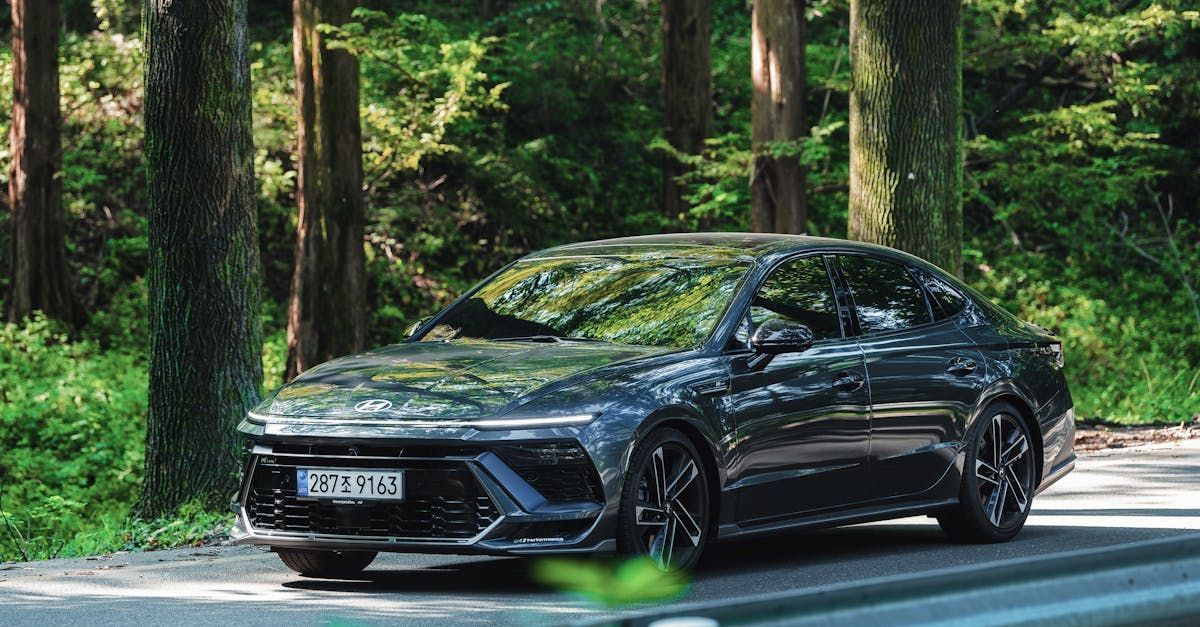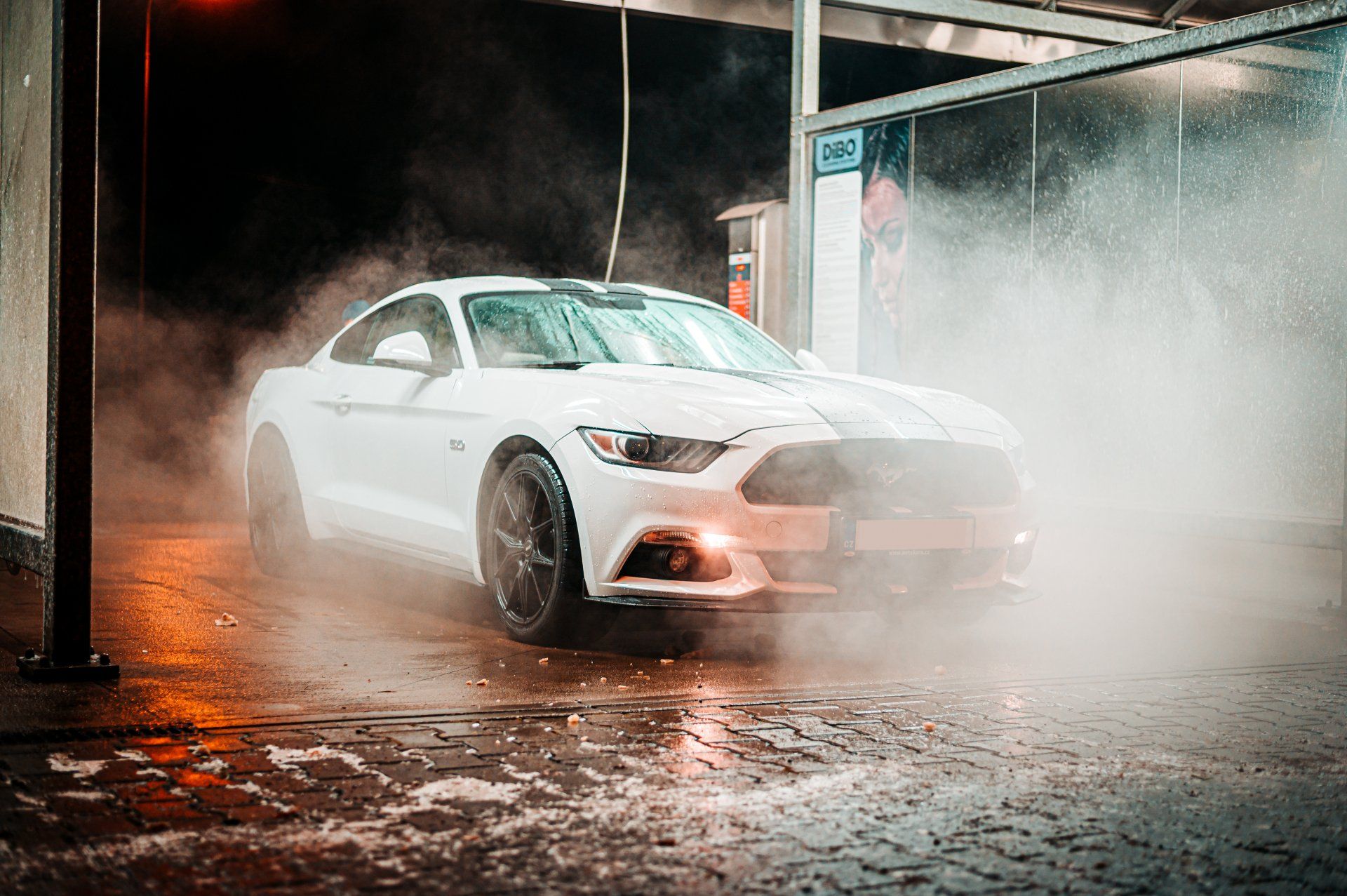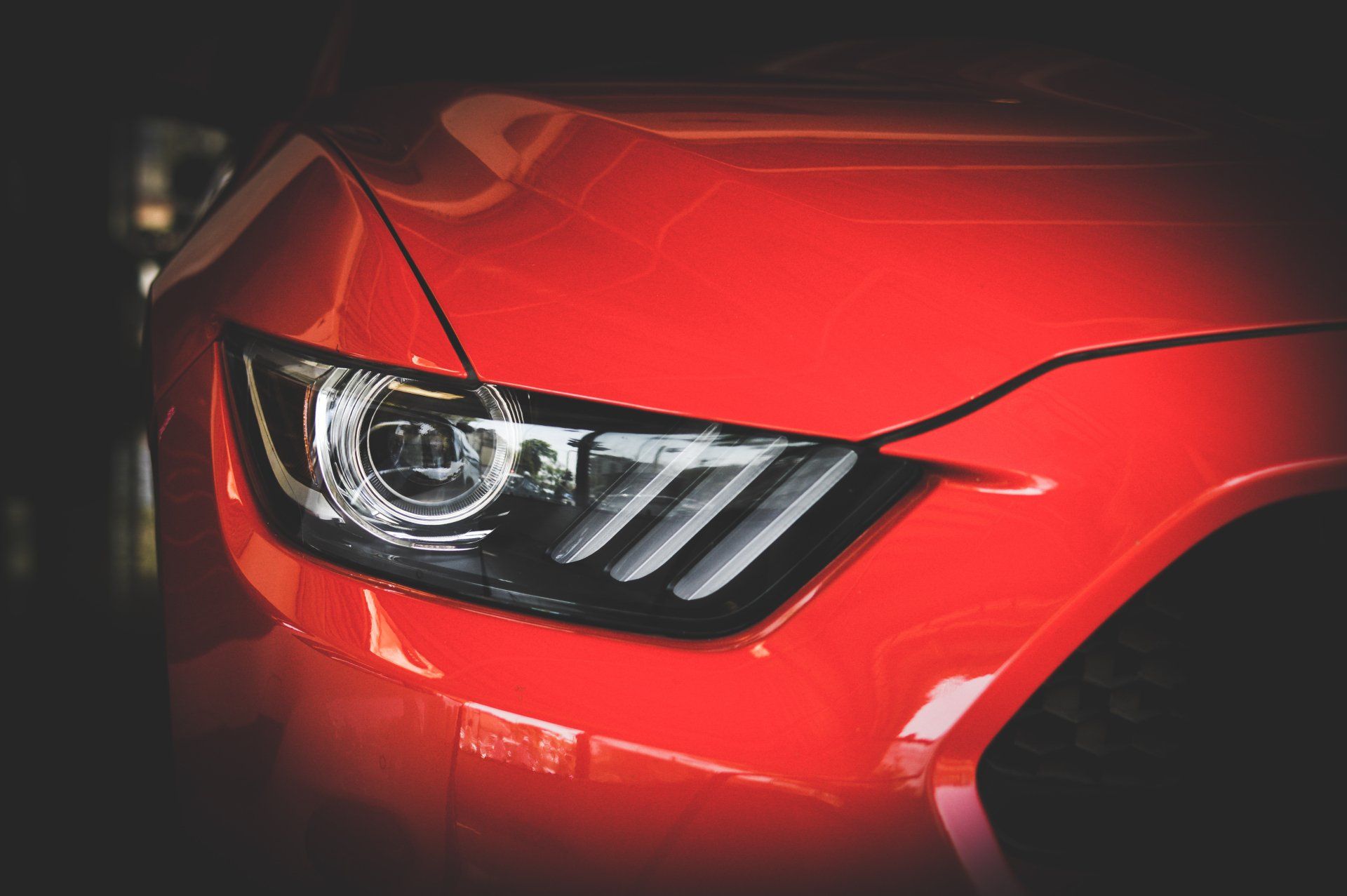Tints & Coatings for your Vehicle, Home, or Business
No Credit? No Problem. Get the Best Payment Options for the Best Deal. Qualifying is easy, just Click Here to Start
Are DIY Ceramic Coatings Safe To Apply Yourself?
Hey there! So, we're a company that's been around since the early days of making cool stuff for cars, like ceramic coatings. But lately, we've been seeing a bunch of new products claiming to be just as amazing, like these "Graphene Coatings" or easy-to-use DIY versions of ceramic coatings. Honestly, it's kinda funny to us.
But here's the thing: these coatings, whether pro or DIY, are serious stuff. They're made up of chemicals that you definitely don't want to mess with. They're super sticky, like glue, and can harden really fast, even on your skin. That's why those DIY kits come with gloves.
Now, can you put these coatings on your car safely by yourself? Well, if you wear the right gear and work in a well-ventilated area, you should be okay. But here's the catch: most of these products don't tell you what's actually in them, which is not cool.
So, we're gonna break it down for you: what's usually in these DIY coatings, how to stay safe if you accidentally get exposed to them, how they're different from regular wax, why they might make swirl marks worse, and some other important stuff that companies don't usually talk about.
What are the ingredients in a ceramic coating product?
Let's talk about the product!
They're like a special liquid that you put on your car to protect it from all sorts of stuff like scratches and dirt. Pros use them, and there are DIY kits too.
These coatings last way longer than regular wax, keep brake dust off your wheels, make your windshield clearer, and help your car's paint stay nice for longer. Sounds awesome, right? Well, that's what they're supposed to do, whether it's a fancy pro one or a DIY version.
But here's the scoop: the DIY ones aren't quite as good as the fancy pro stuff like Ceramic Pro 9H. It's not just talk – it's true. There are lots of reasons why, like how they're put on and looked after. That's why you won't see a warranty on how long they last, and you won't find many pros putting them on.
Some companies might promise you a refund if it doesn't last a certain amount of time, but they're kind of banking on you not bothering them about it. And guess what? These DIY kits don't cost much to make – you can even find the basic stuff they're made from on websites like Ali-Baba.
So, what's actually in these DIY coatings? We did some digging, and it turns out they're pretty similar to each other, even though they might have different brand names.
First up, we've got Silicon Dioxide, also known as silica dioxide. It's a fancy ingredient that helps make the surface of your car super smooth and waterproof. But here's the thing: it's not what makes the coating super strong. That job belongs to Titanium Dioxide, or TiO2, along with some other stuff that helps the coating stick.
Now, Titanium Dioxide is the real superhero here. It's what makes the coating tough and long-lasting (you might have heard about that 9H thing). But in those DIY kits, they use less of it than the pros do. Why? Well, it's easier to mess up when you're doing it yourself, so they keep the Titanium Dioxide levels lower to make it simpler.
Then there are these tiny things called Silicon Particles. They're great because they make your car's paint look even cooler and deeper. Pros can layer their coatings to make it look super intense, but DIY kits can't do that. So instead, they add these Silicon Particles to get a similar effect.
Oh, and there are a few other ingredients too, like
Fluorine, Triethanolamine, PolySilazane, and water. But out of all of those, only water is totally safe to mess with without any special gear. So, if you're thinking of trying out ceramic coatings at home, make sure you wear gloves, a mask, and goggles. And it's best to do it indoors where you can control everything nicely for the best results!

What To Do if You Get Exposed
Alright, let's talk about what to do if you accidentally get exposed to one of those DIY ceramic coatings. It's totally different from regular wax, which is usually made from natural stuff and isn't too harmful. But with chemicals, you gotta be careful!
Now, most DIY kits don't tell you what's in them, which makes it hard to know how to stay safe from breathing it in, getting it on your skin, or in your eyes, or even swallowing it by accident. So here's what you should do if any of that happens:
Breathing it in:
If you're using one of these coatings, it's a good idea to wear a mask or have some good ventilation. But if you start feeling dizzy or sick, get outside for some fresh air and take a break. Only go back to it with your safety gear on.
Getting it on your skin:
These coatings are sticky, so if it gets on your skin, wash it off right away with soap and warm water. If your skin gets irritated, get help from a grown-up or a doctor.
In your eyes:
Wearing glasses helps, but if you still get some in your eyes, rinse them out with cold water as soon as possible. If your vision gets weird after, tell a grown-up and get help.
Swallowing it:
I don't know how you'd manage to swallow any of this stuff, but if it happens, rinse your mouth out with water and tell a grown-up. They might need to call for help.
So, that's how you stay safe with these coatings. They work by making a tough shell on your car that's way stronger than regular wax. If you want to know more about how they work, there's a cool video below that explains it all!
How does ceramic coating work?
Well, when you put it on your car, it makes this super strong layer kind of like a shell. It's smooth, flat, and way tougher than regular wax. Check out the video below if you want to learn more about how it works!
Now, this coating is like a superhero for your car because it stops all sorts of stuff from sticking to it, like water, dirt, bugs, and even spray paint if someone gets mad at you (yikes!).
Here are some cool things ceramic coating does:
1. Protects against sun damage: It stops the sun from fading your car's color.
2. Shields against chemicals: Harsh stuff can't mess with your paint.
3. Makes cleaning easier: Because it's waterproof and stuff slides right off.
4. Makes your car look extra shiny: It's like adding an extra layer of gloss.
But, there are a few things it can't do, despite all its awesomeness:
1. It won't get rid of scratches: It might help reduce light ones, but it's not magic.
2. It won't stop water spots: Sometimes, those stubborn spots still show up.
3. You'll still need to wash your car: Even though it stays cleaner longer, it's not a get-out-of-washing-free card!
So, if you're thinking of trying a DIY ceramic coating, just be sure to wear your safety gear, use it in a well-ventilated area, and follow the instructions carefully. But honestly, if you're not 100% sure, it's 100x better to get a pro to do it. They know their stuff and can give you a lifetime warranty too. It'll look better and last longer too. The last thing you want is to ruin your car's exterior with a rookie mistake which are super easy to make with ceramic coatings.
If you want to get Ceramic Pro applied to your ride, just click the button below for a free quote or call at
(253) 229-9000. Easy peasy!
Quick Links
Service Areas in Pierce County & King County
- Puyallup
- Tacoma
- Spanaway
- Eatonville
- Seattle
- Federal Way
- Renton
- Kent
- Bonney Lake
- Auburn
- Enumclaw
- Gig Harbor
2024 © The Tint Guys. All rights reserved.






